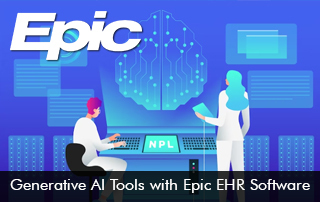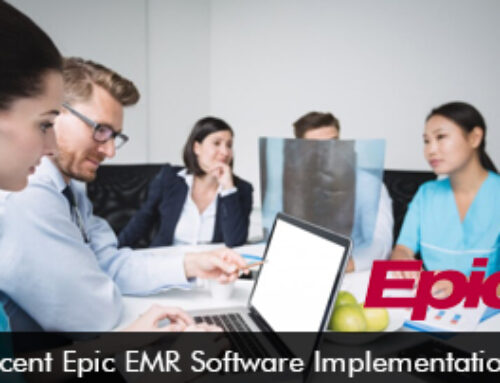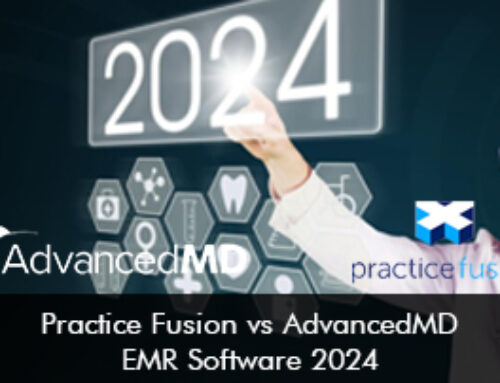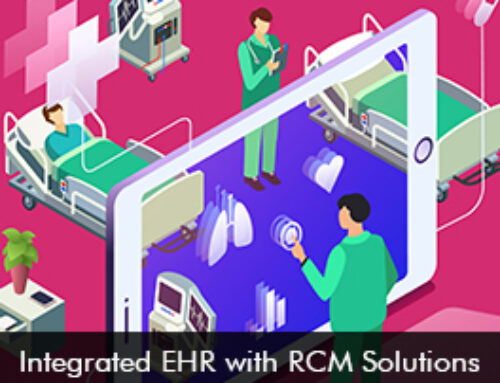Microsoft and Epic EMR Software have collaborated to unlock the power of generative Artificial Intelligence (AI) tools. Generative AI can enhance Electronic Health Records software’s precision and overall technology. This can greatly improve daily workflows and enable healthcare providers to focus on patient care.
What is generative AI?
Generative AI is a type of artificial intelligence (AI) system that is designed to generate new content that resembles and exhibits features comparable to the training data. These systems extract patterns and structures from existing data and then apply that knowledge to create new data.
How can EHR systems improve with generative AI?
Electronic Medical Records (EMR) software are essential tools in healthcare. Through the robust solution, clinicians can access patient data in real time to support the decision-making process at the point of care. However, they can be a load on the provider as well.
When AI algorithms are deployed, they can quickly find missing data and fill it in. This way EMR systems can become more efficient, accurate, and intuitive. Physicians can now have more time to improve patient care and concentrate on their clinical duties.
By producing tailored treatment suggestions based on patient data, medical criteria, and clinical experience, generative AI can improve clinical decision support systems within EMR software.
When health systems leverage generative AI models, they can automate the process of documentation and coding within EHR systems as well. Billing accuracy prevails which reduces the burden on providers.
Potential risks with generative AI tools
The benefits of using generative artificial intelligence tools are many in the healthcare landscape. However, there are potential risks associated with generative AI that need to be considered. For example, biases can occur if the algorithms are trained on partial or inadequate datasets.
To alleviate the risk, Microsoft and Epic Solutions are working hard to develop AI solutions that are ethical and trained regularly.
The use of integrated AI tools in software solutions can optimize them, and ultimately enhance health outcome levels which is the prime goal of healthcare.






